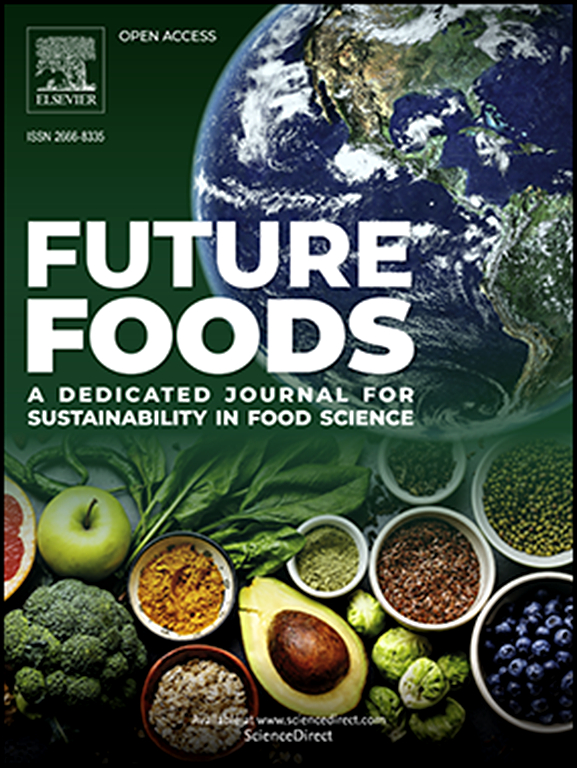Potential cultured meat consumers in Greece: Attitudes, motives, and attributes shaping perceptions
IF 7.2
Q1 FOOD SCIENCE & TECHNOLOGY
引用次数: 0
Abstract
The impact of the meat sector on the environment is critical and meat alternatives have been suggested as solutions to mitigate it. This study aimed to understand the attitudes, motives, and attributes shaping consumer willingness to try (WTT), eat regularly (WTE), and pay (WTP) for cultured meat having, as a case study, a sample of 838 Greek residents. The results primarily reflected the views of younger and well-educated consumers. Although this demographic was not the initial target, it was considered the anticipated primary market for cultured meat upon its launch. A total of 58% of the respondents expressed WTT cultured meat, with primarily Gen Z showing a higher positive attitude toward it. However, the WTT was primarily driven by curiosity and it was not reflected in WTE or in WTP. Greek consumers prioritized a set of characteristics they would expect from cultured meat, giving emphasis to factors such as taste, safety, and nutritional value. The importance of clear and non-misleading naming to preserve consumers’ right to know what they are purchasing was also underlined. In conclusion, the potential acceptance of cultured meat in Greece is influenced by many factors, including generational shifts, product characteristics, naming and promotion.
求助全文
约1分钟内获得全文
求助全文
来源期刊

Future Foods
Agricultural and Biological Sciences-Food Science
CiteScore
8.60
自引率
0.00%
发文量
97
审稿时长
15 weeks
期刊介绍:
Future Foods is a specialized journal that is dedicated to tackling the challenges posed by climate change and the need for sustainability in the realm of food production. The journal recognizes the imperative to transform current food manufacturing and consumption practices to meet the dietary needs of a burgeoning global population while simultaneously curbing environmental degradation.
The mission of Future Foods is to disseminate research that aligns with the goal of fostering the development of innovative technologies and alternative food sources to establish more sustainable food systems. The journal is committed to publishing high-quality, peer-reviewed articles that contribute to the advancement of sustainable food practices.
Abstracting and indexing:
Scopus
Directory of Open Access Journals (DOAJ)
Emerging Sources Citation Index (ESCI)
SCImago Journal Rank (SJR)
SNIP
 求助内容:
求助内容: 应助结果提醒方式:
应助结果提醒方式:


